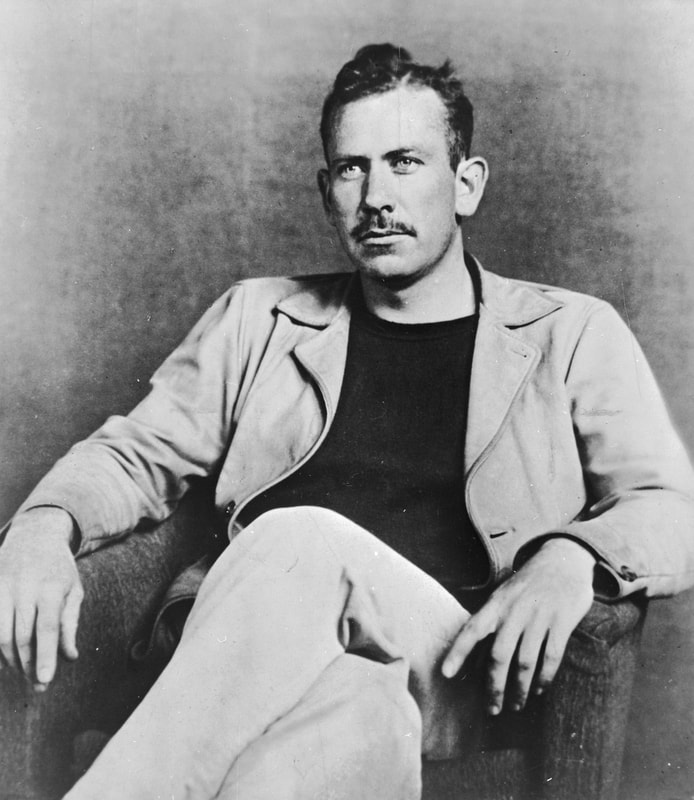Introduction | Prescriptive grammar vs Descriptive grammar
A prescriptive grammar is a set of rules about language based on how people think language should be used. In a prescriptive grammar there is right and wrong language.
For example: « you must not end a sentence with a preposition ». Following this rule, traditional teachers would correct sentences like ‘Who did you go with?’ to ‘With whom did you go?’
A descriptive grammar is a set of rules based on how language is actually used by natives. According to the descriptive approach, a sentence is “grammatical” if a native speaker of the language would produce that sentence in speaking. Thus, the sentence « who did you go with » is grammatically correct.
For example: « you must not end a sentence with a preposition ». Following this rule, traditional teachers would correct sentences like ‘Who did you go with?’ to ‘With whom did you go?’
A descriptive grammar is a set of rules based on how language is actually used by natives. According to the descriptive approach, a sentence is “grammatical” if a native speaker of the language would produce that sentence in speaking. Thus, the sentence « who did you go with » is grammatically correct.
1 | Langue relâchée | Nonstandard English.
Il s’agit ici des principales formes et tournures considérées comme incorrectes par la grammaire prescriptive mais grammaticalement correctes par la grammaire descriptive. On entend fréquemment ces phrases à l’oral et on les retrouve régulièrement à l’écrit dans les romans policiers, les bandes dessinées, etc… On appelle aussi cela le « nonstandard English ».
Nonstandard English refers to any dialect of English other than Standard English and is sometimes referred to as nonstandard dialect or non-standard variety. The term Nonstandard English is sometimes used disapprovingly by non-linguists to describe "bad" or "incorrect" English.
Nonstandard English refers to any dialect of English other than Standard English and is sometimes referred to as nonstandard dialect or non-standard variety. The term Nonstandard English is sometimes used disapprovingly by non-linguists to describe "bad" or "incorrect" English.
Particularités grammaticales
- We was, you was, they was (= we were, etc.).
- Look at them trees (= those trees).
- I can’t see nobody, I don't know nothing (= anybody, anything). Emploi de la double négation.
- James and me went to Glasgow last week. (= James and I …)
- "Now", I says to him (ou : says I), "what are you going to do?" (= ici, says = say ou said).
- It ain't right. I ain't got a gun (= it isn't, I haven't). Expressions d’origine américaine qui peuvent se substituer à be ou have.
- I got a new gun. She got to do it now (= I've got, she's got). A la forme affirmative dans la langue familière , got s’emploie souvent seul à la place de “have got” ou “has got”. Cela est beaucoup plus frequent en anglais américain qu’en anglais britannique.
- I seen him somewhere. I done nothing. (= I've seen, I've done). Who done it? (= who did it?) d'où « whodunnit» dans certains romans. You done what? (= what have you done?). Le participe passé s’emploie souvent seul à la place du present perfect dans une langue très relâchée.
- It hurts terrible (= terribly). It happens regular (® regularly).
Particularités orthographiques
Parfois l’orthographe de certains mots reflète des modifications phonétiques. Il s’agit souvent de representer à l’écrit l’utilisation des formes réduites (weak forms).
Parfois l’orthographe de certains mots reflète des modifications phonétiques. Il s’agit souvent de representer à l’écrit l’utilisation des formes réduites (weak forms).
- I dunno [ dəˈnəʊ] (= I don't know)
- I betcha [ˈbetʃə] (= I bet you)
- Gotcha! [ ˈɡɒtʃə]
- I(‘m) gonna [ ˈɡənə] tell you. (= I’m going to tell you.)
- I gotta tell you. [ ˈɡɒtə] (= I’ve got to tell you.)
- I wanna tell you. [ ˈwɒnə] (= I want to tell you.)
- Kinda. (= Kind of) [ kaɪndə]
- Ya (= you) [jə]
2 | Steinbeck’s American English - en lien avec la leçon sur Of Mice and Men
|
In Of Mice and Men, Steinbeck uses a non-standard form of English throughout the book. The dialect is that of the itinerant worker. This use of dialect and colloquial language helps to add to the realism of the story and to create a strong impact upon the readers. It is also a way to show that the characters have received little education since people who use non standard English may often be considered / regarded as poorly educated.
Here are some examples of nonstandard English that can be seen throughout the novel: |
• The first and final sound of many words is missed:
• The words ‘to’, ‘of’, and ‘have’ are added to the previous word:
• Past simple ending in -t
- Talking = talkin’
- Just = jes’
- All of = alla
- Them = ‘em
• The words ‘to’, ‘of’, and ‘have’ are added to the previous word:
- Must have = musta
- Full of = fulla
- Used to = usta
- Out of = outta
• Past simple ending in -t
- Wished = wisht
- Asked = ast


